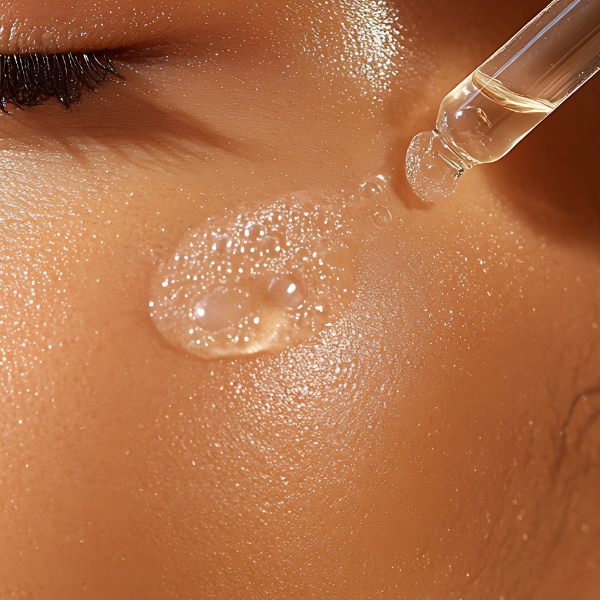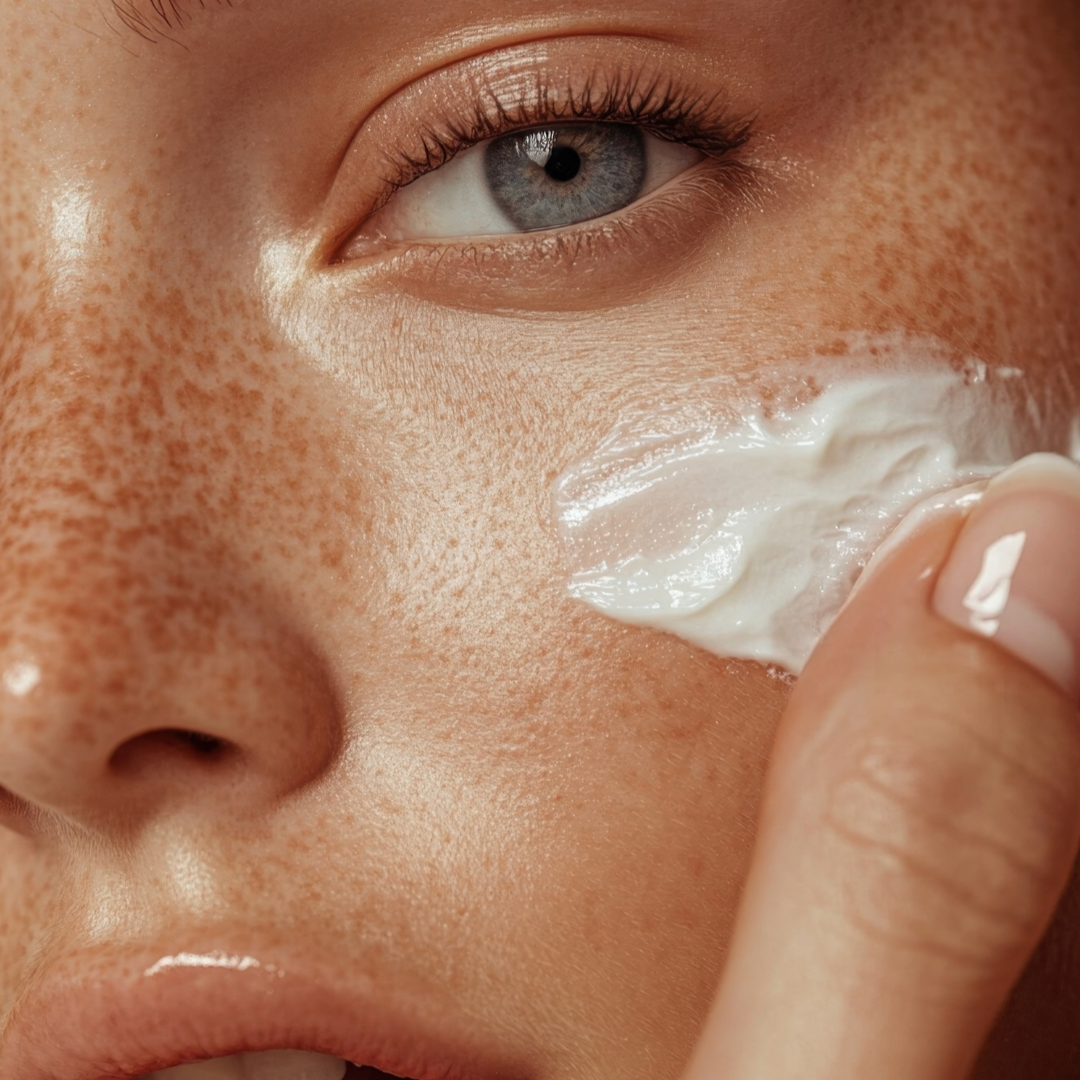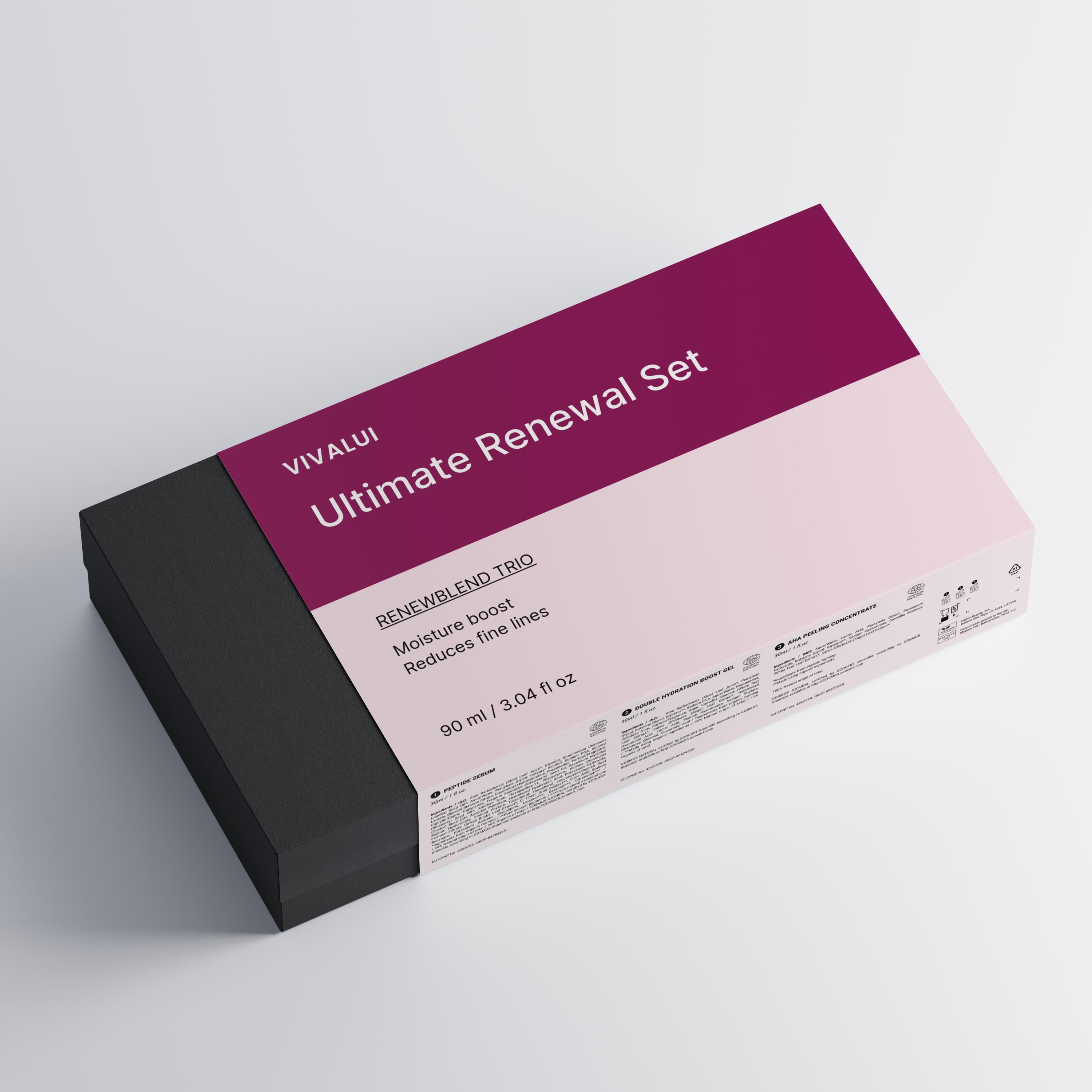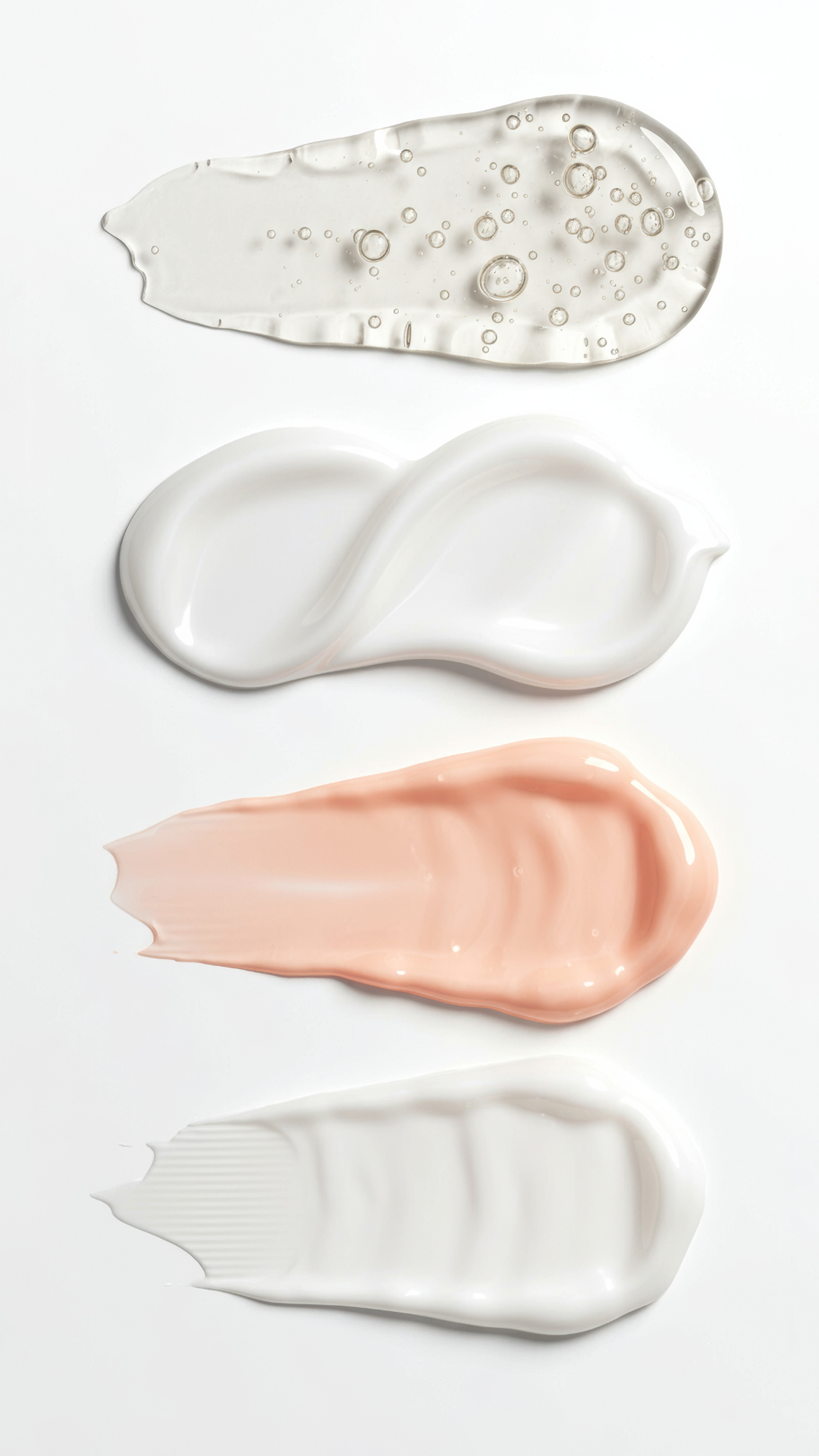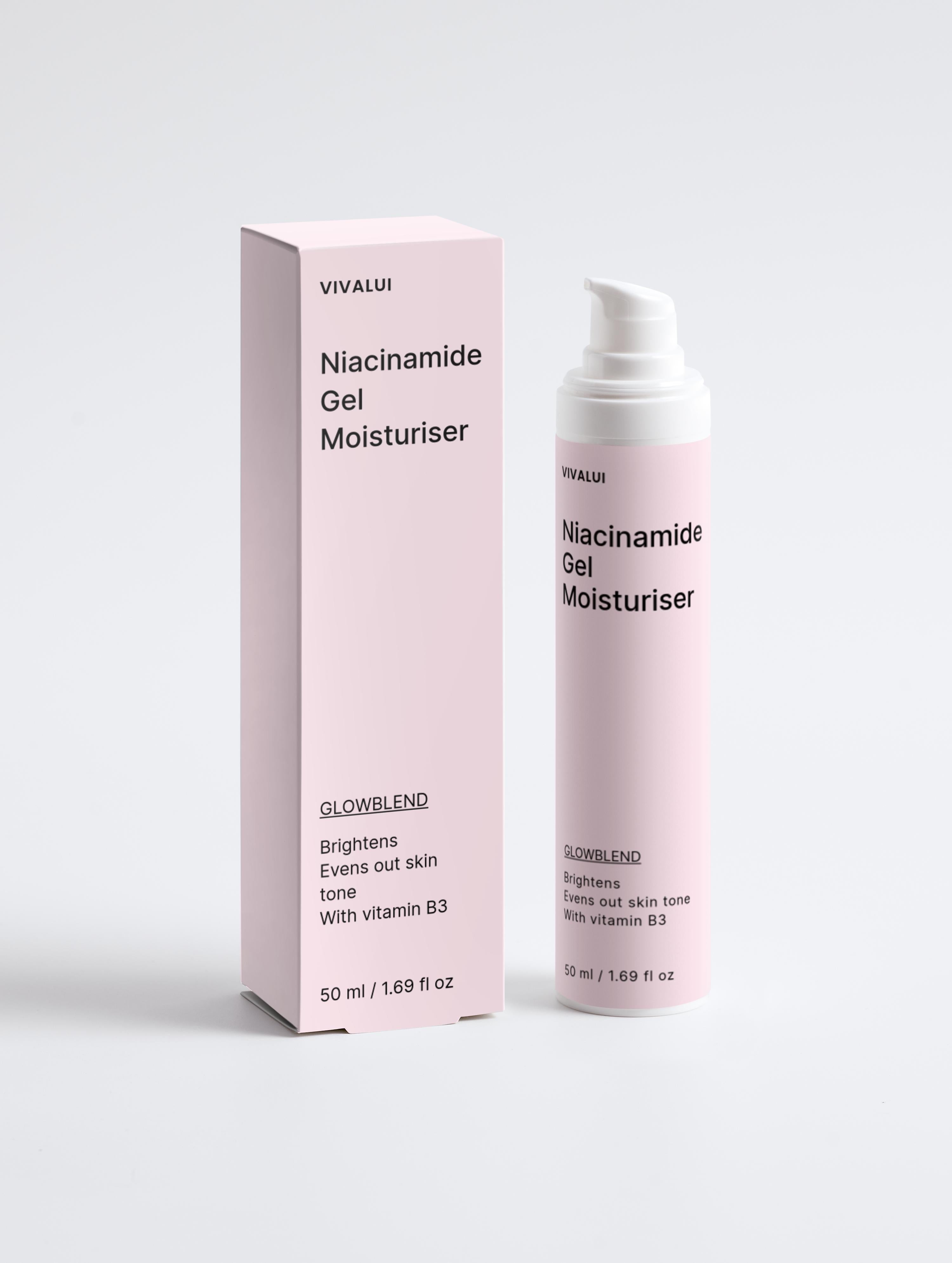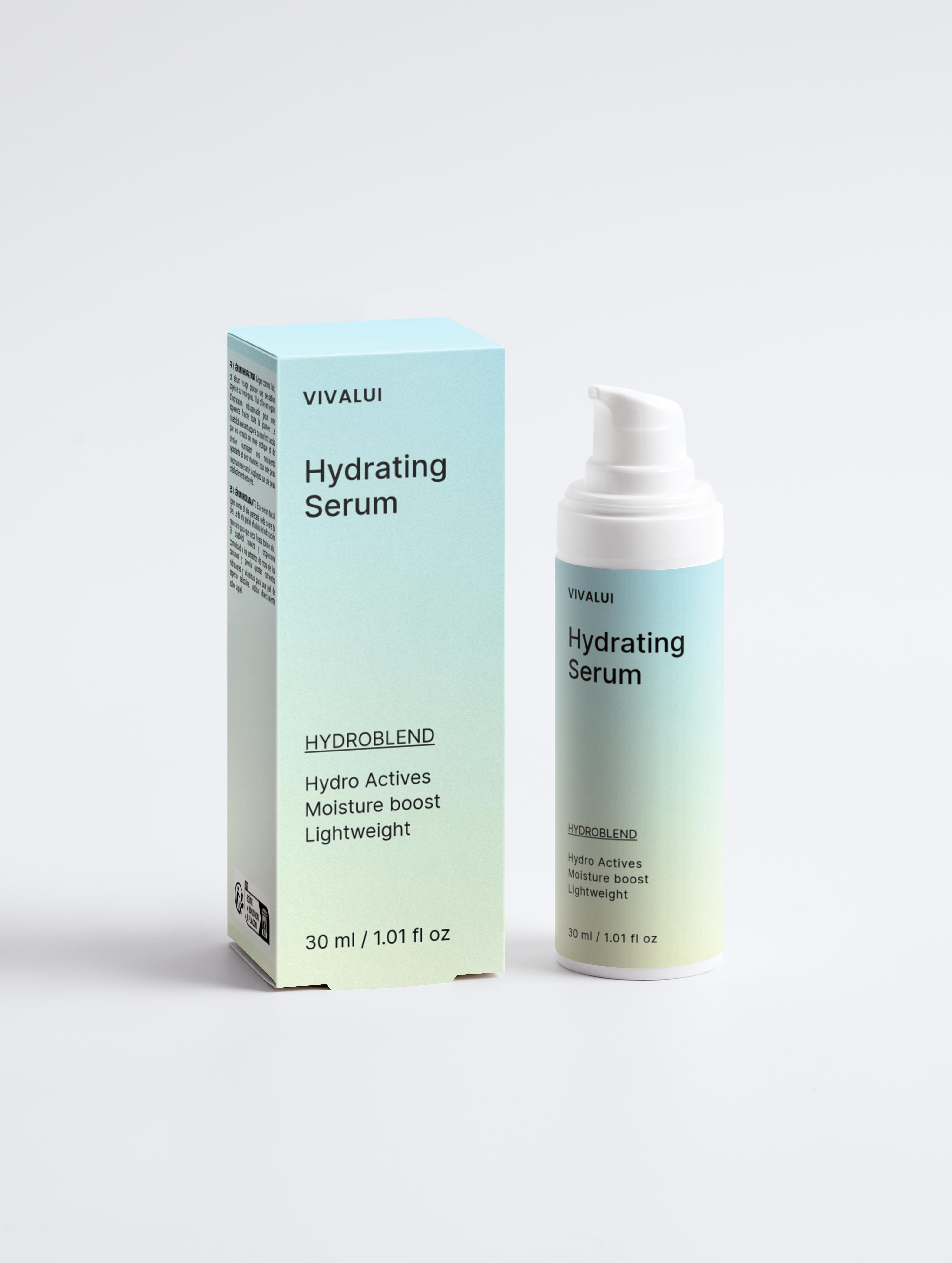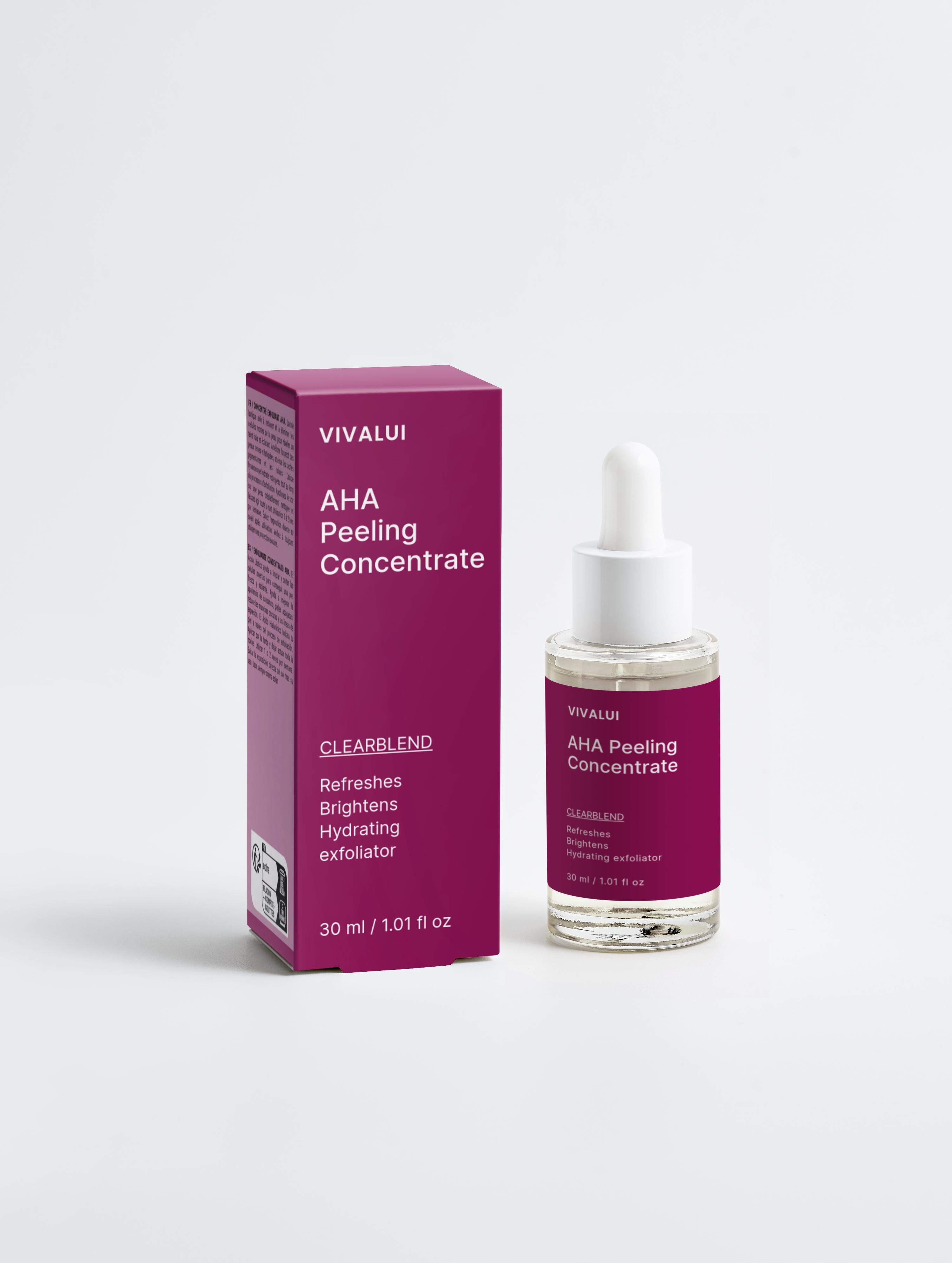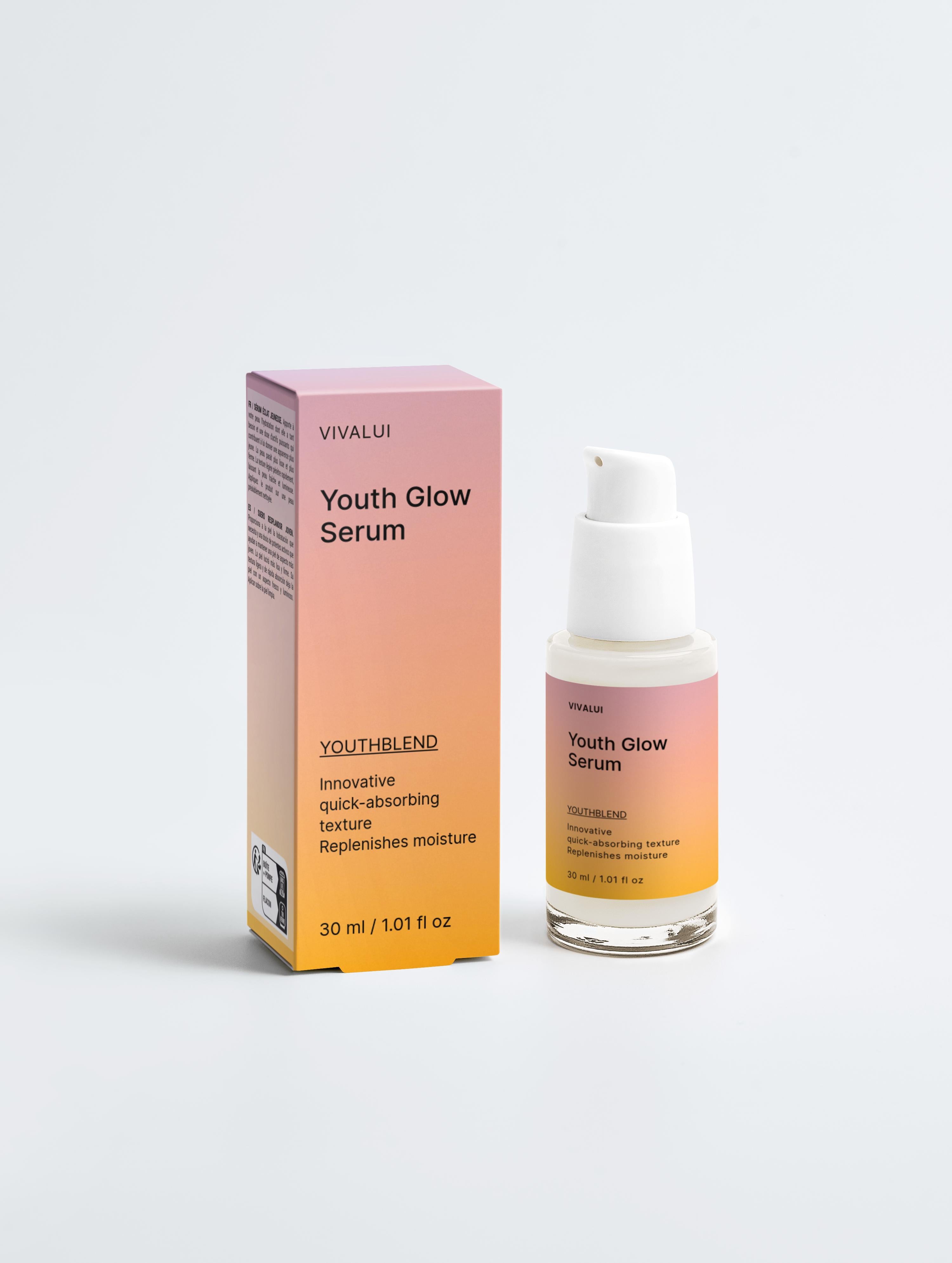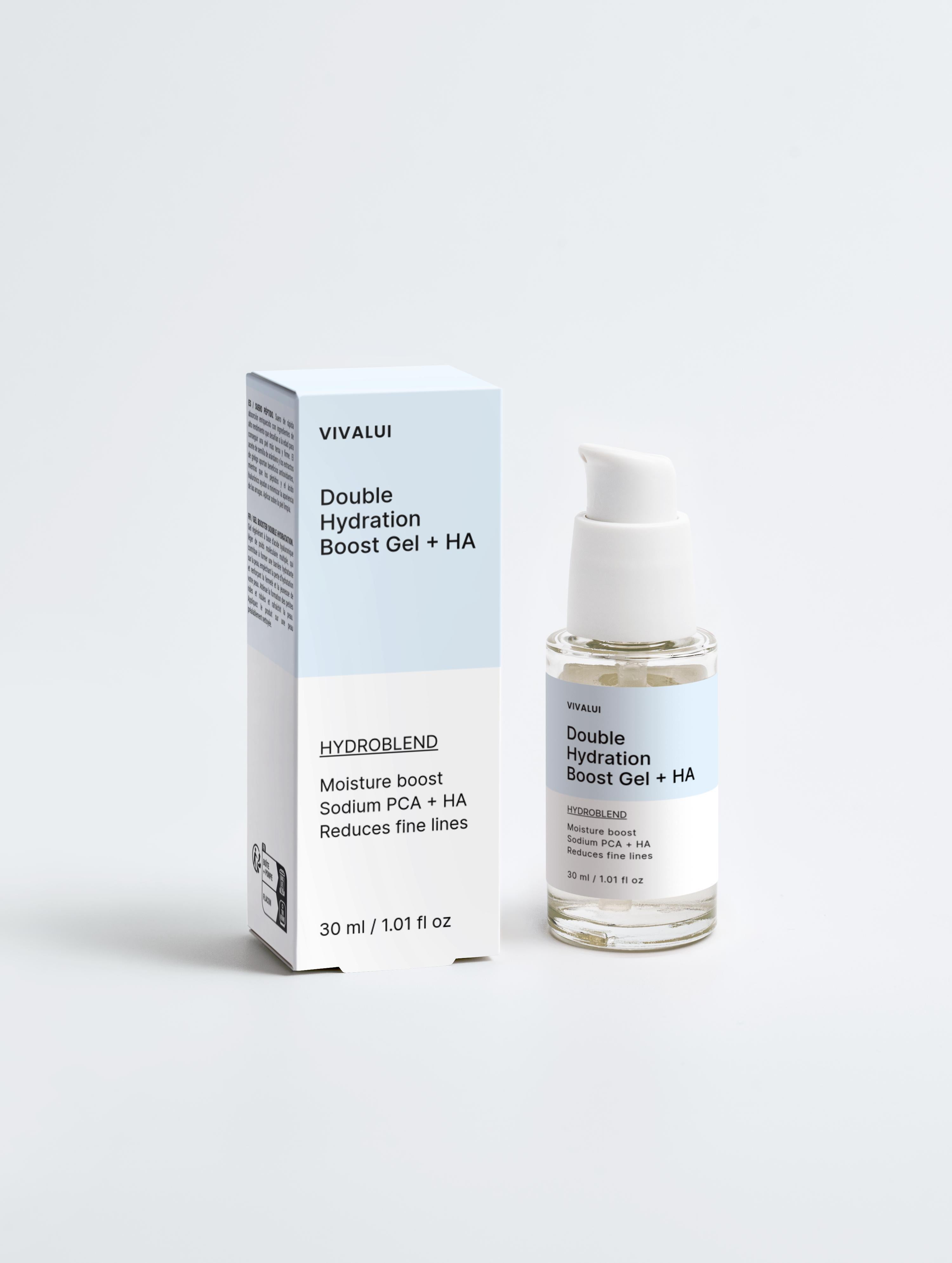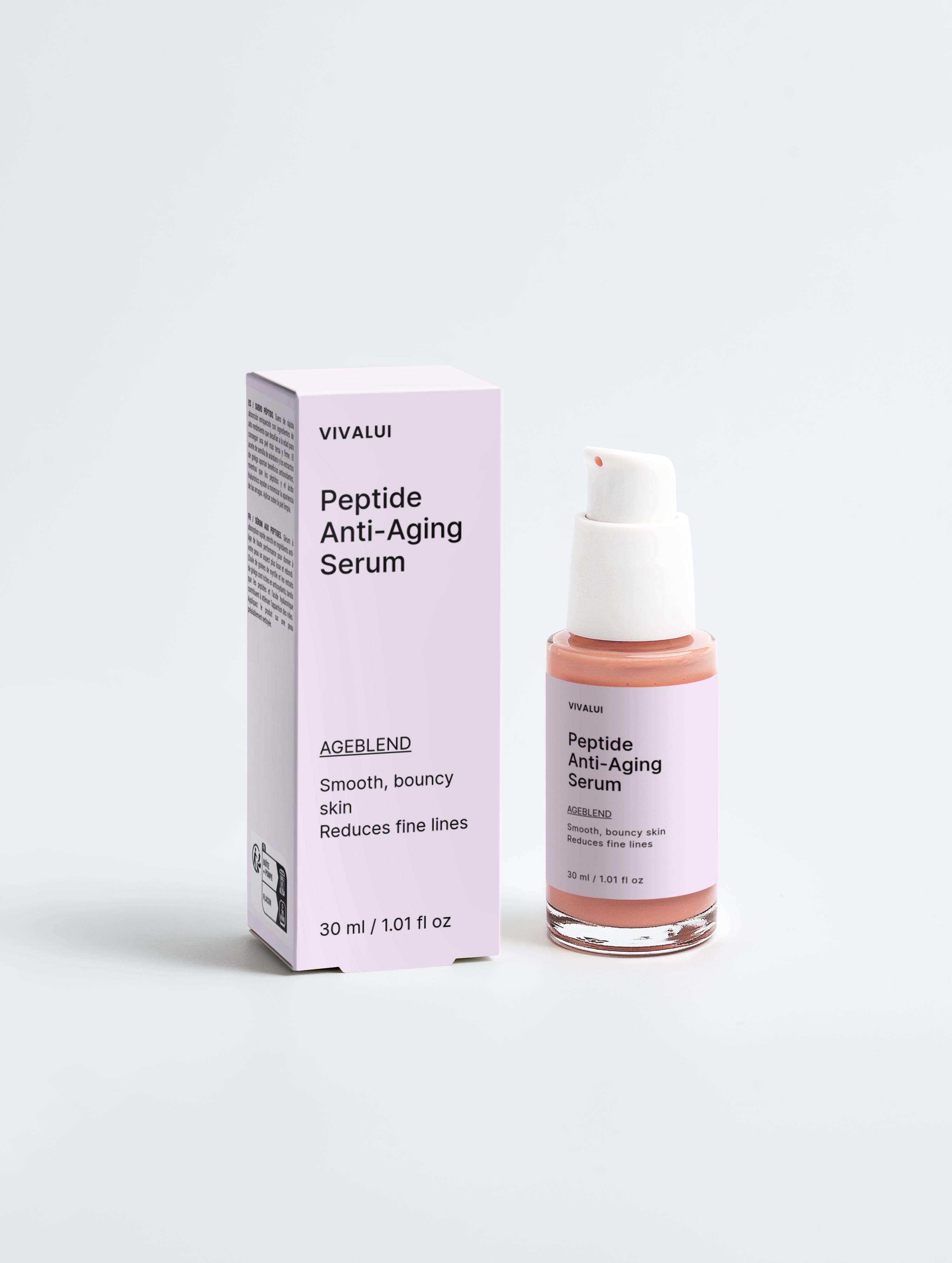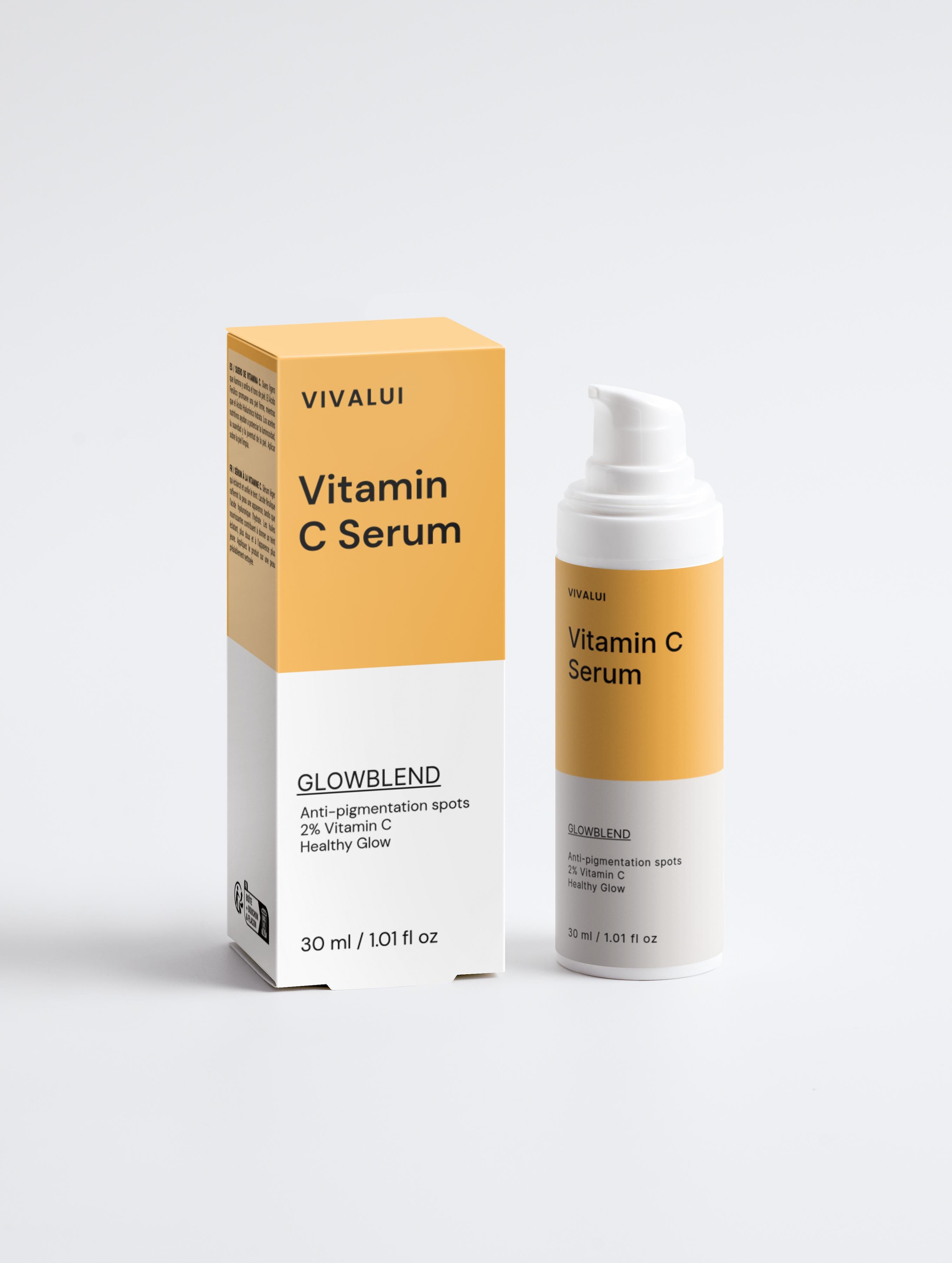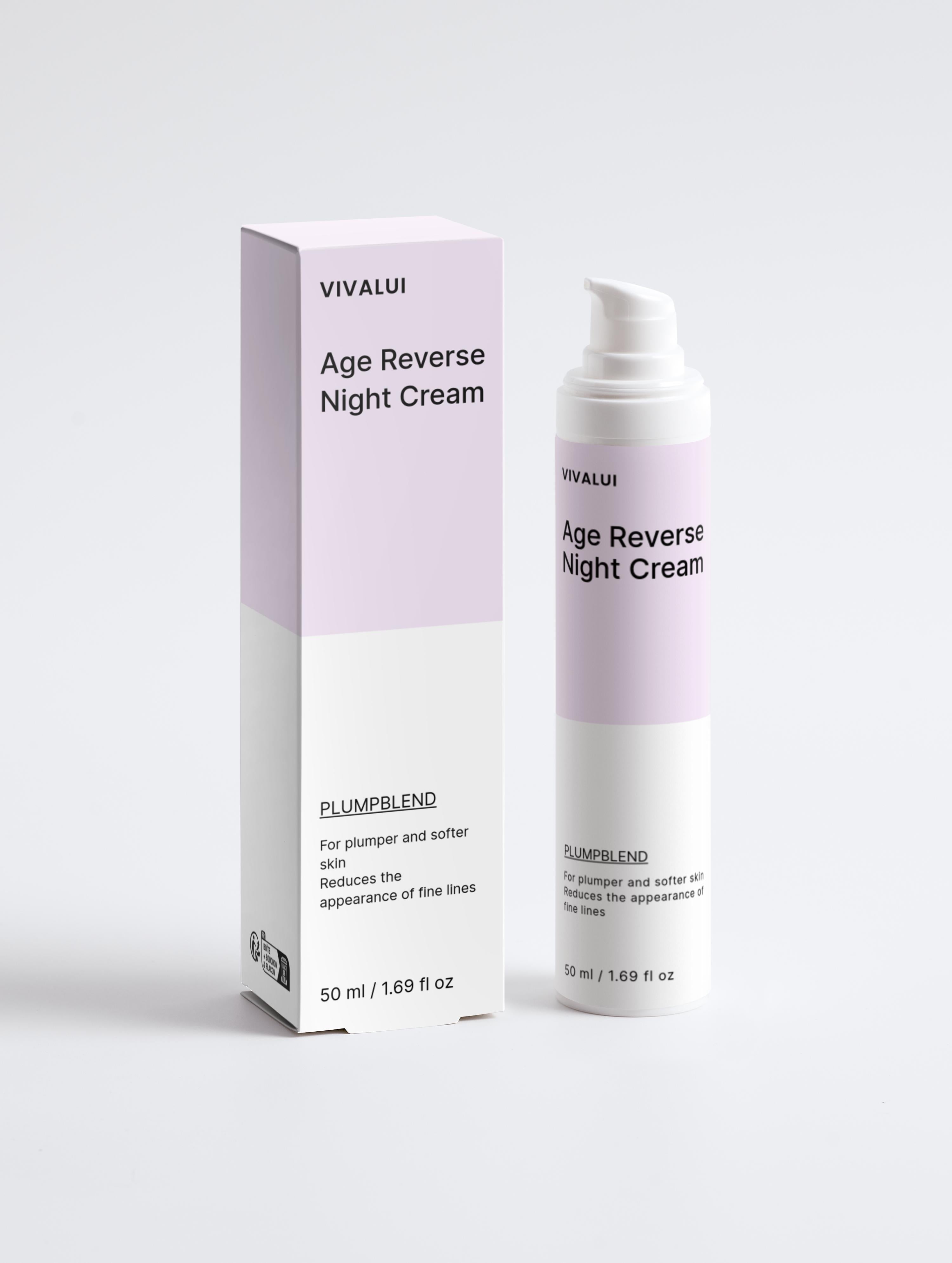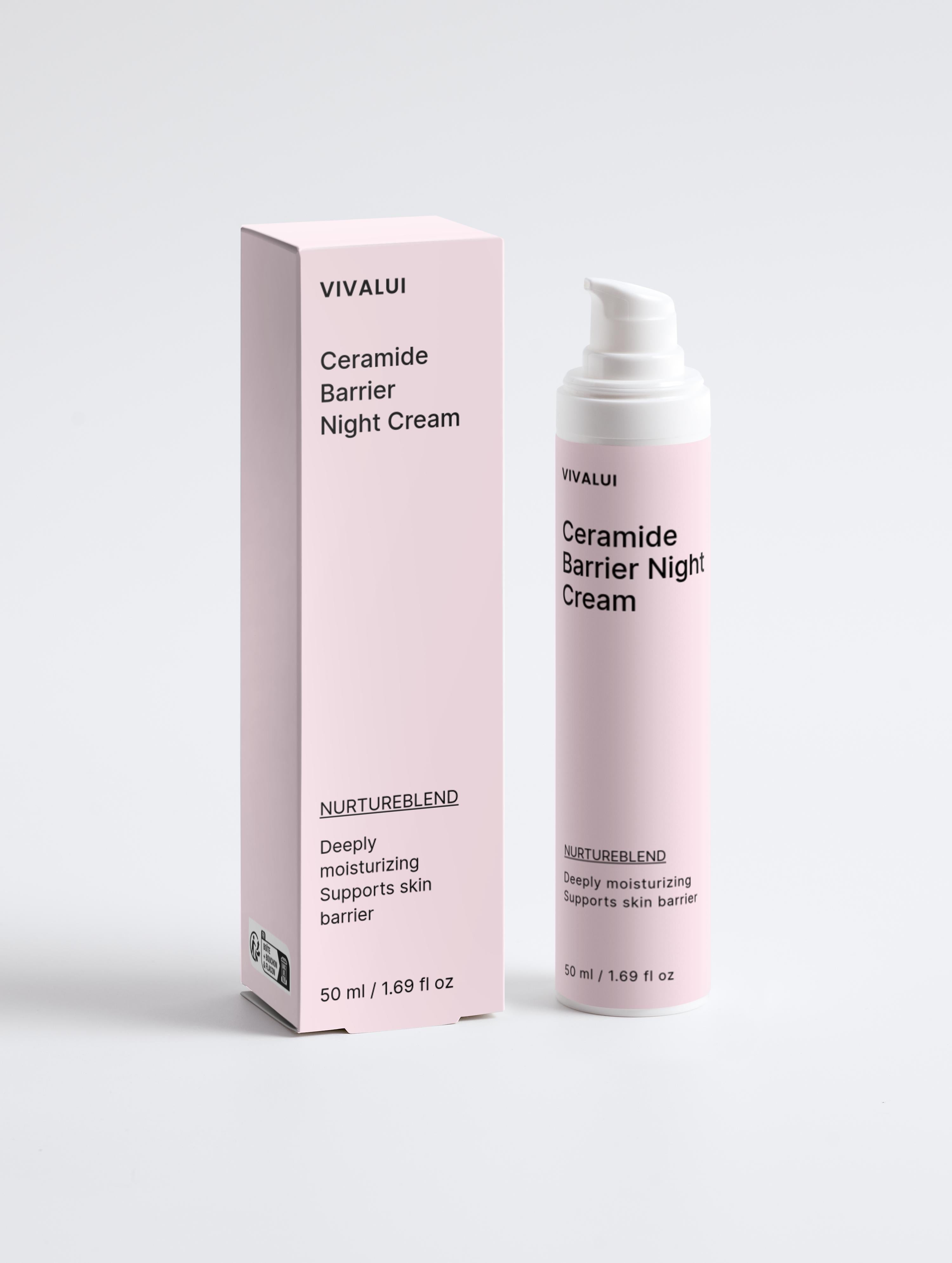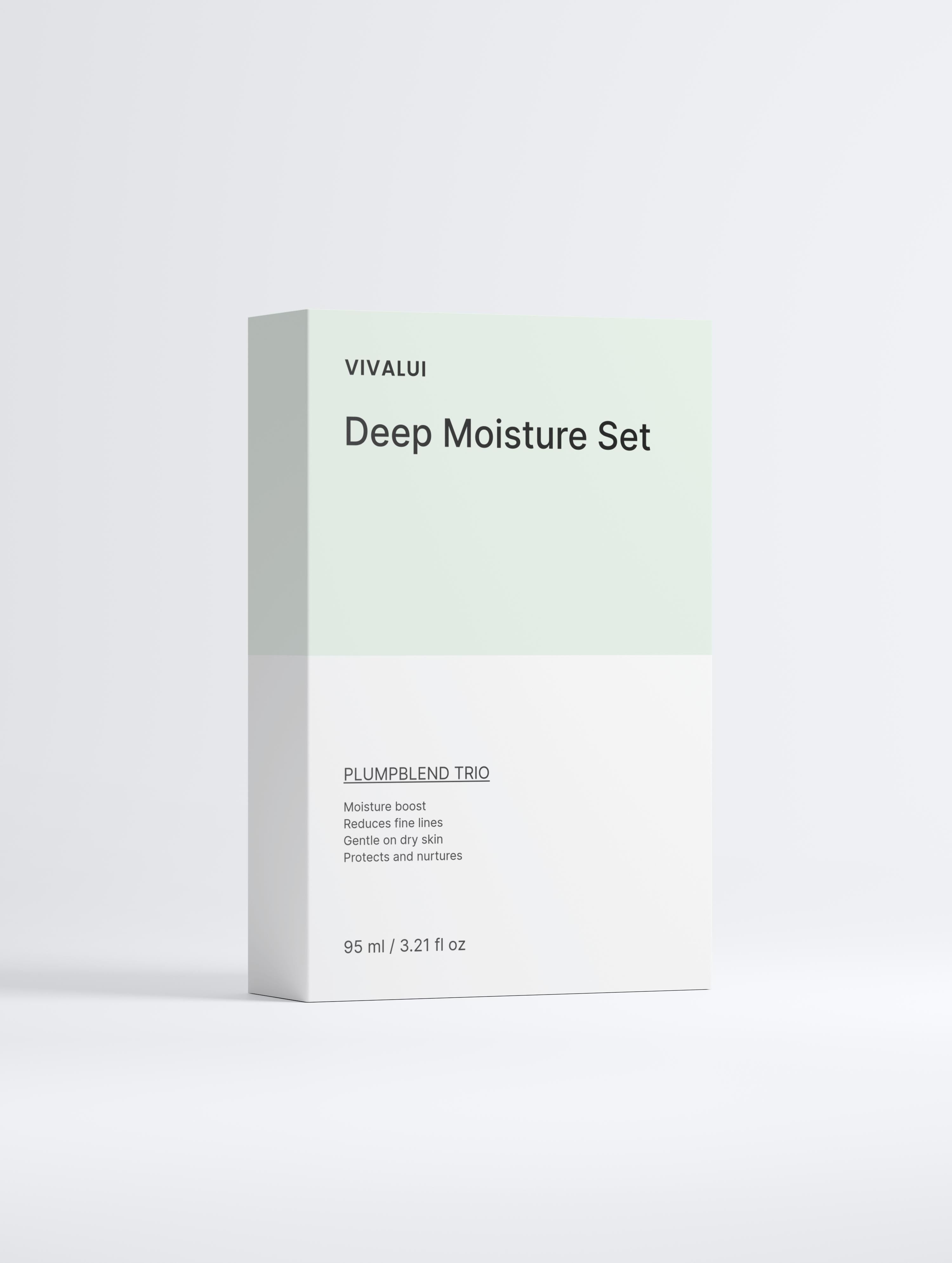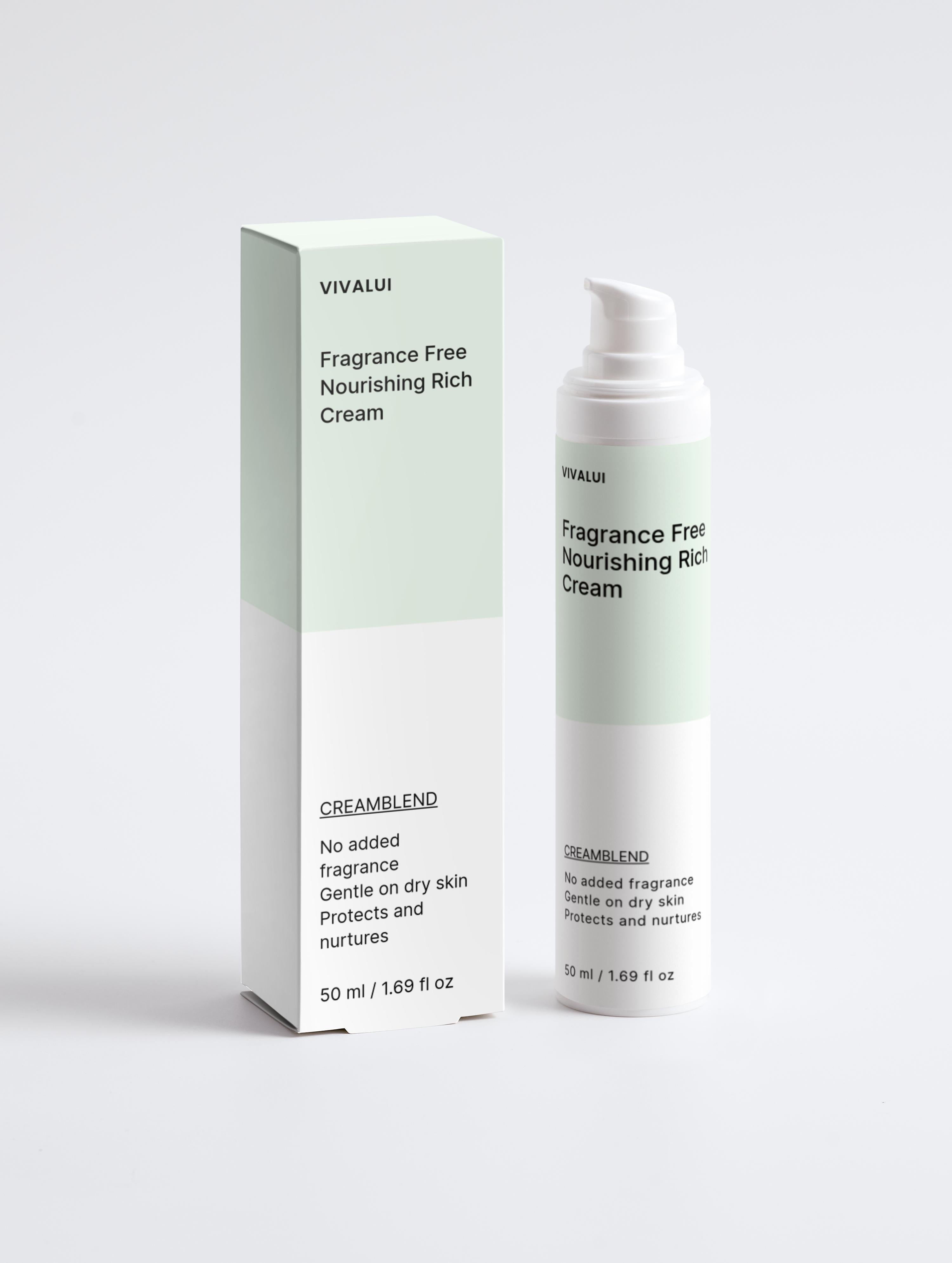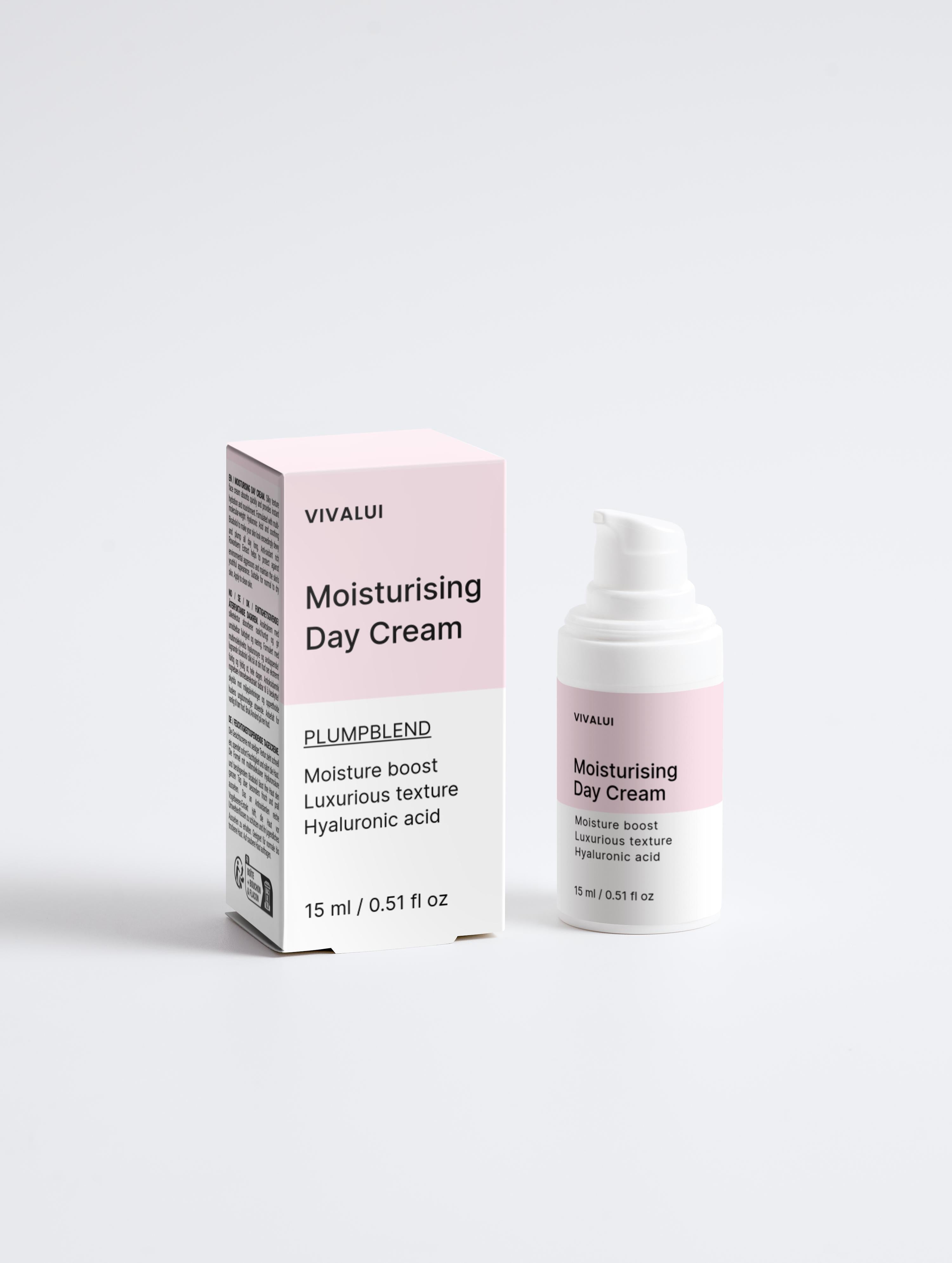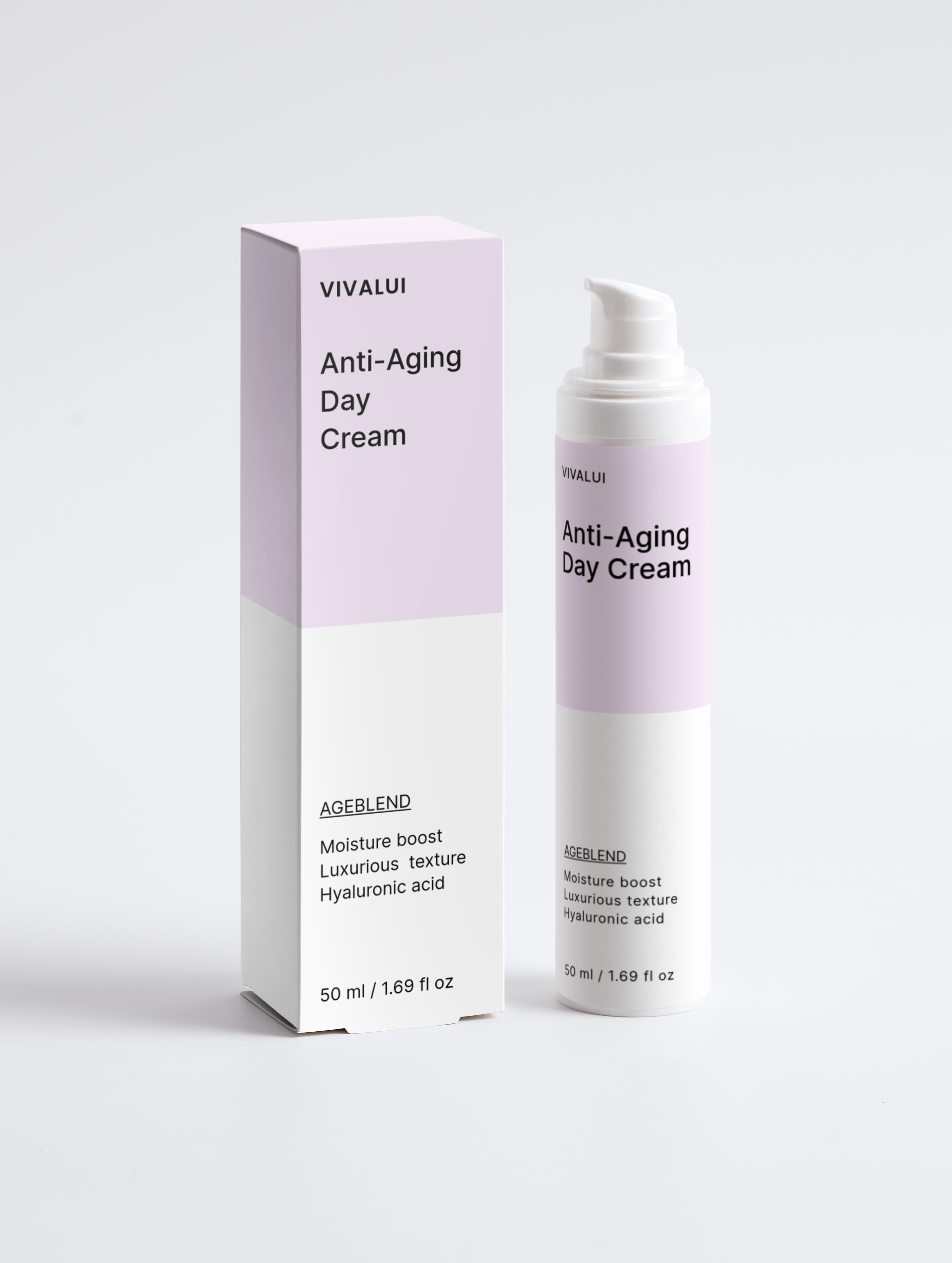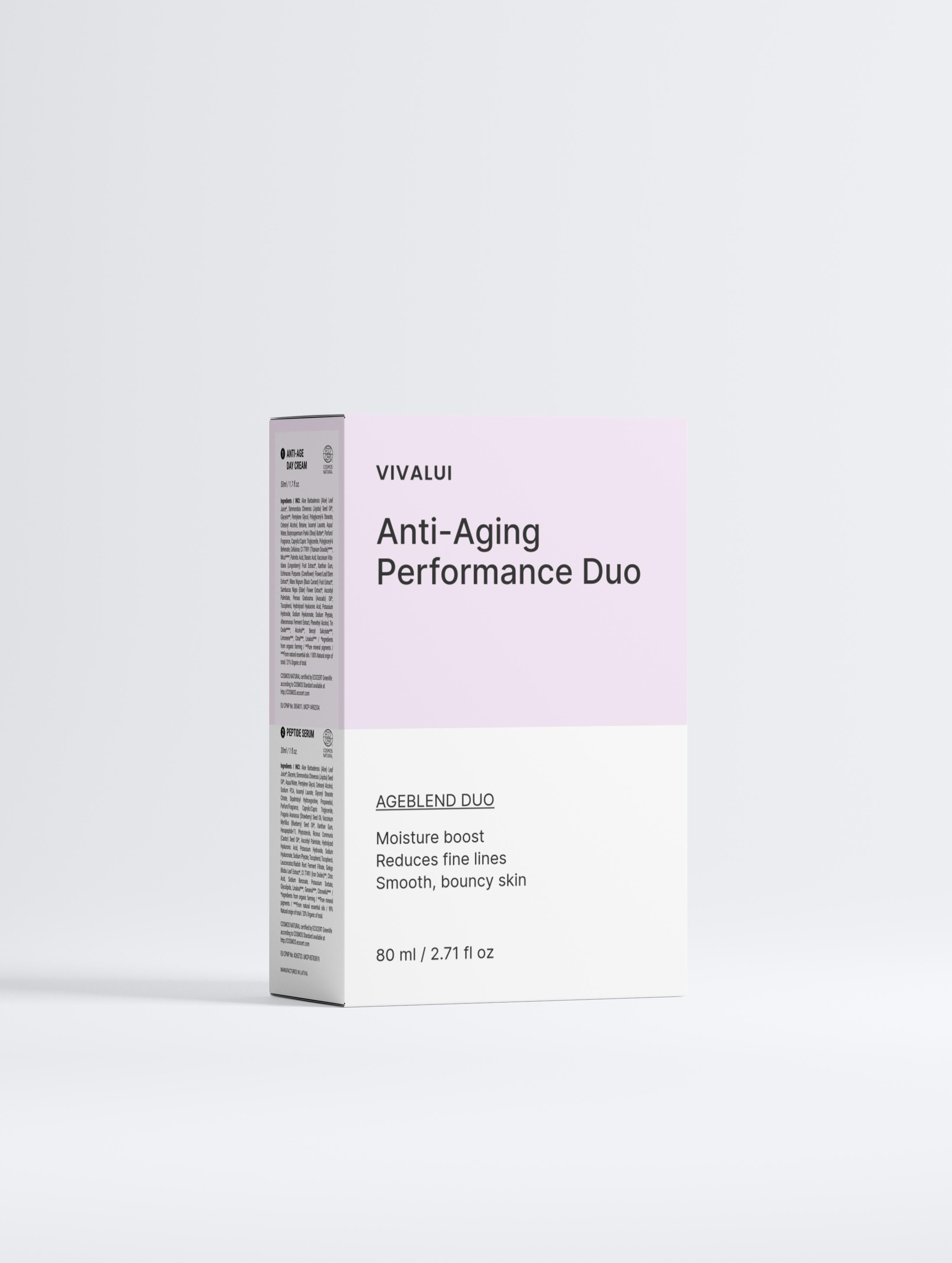What type of serum should I use at night? This is a great question because one essential step in many skincare routines that can amplify the vitality and luminosity of your skin is the incorporation of a night serum.
With the beauty market flooded with a plethora of serums, each promising miraculous results, how does one select the ultimate night serum that aligns perfectly with their needs? We're here to help you find the answer to the question: What type of serum should I use at night?

First, Understand Your Skin Type
Before delving into the diverse world of serums, you need to know your skin type. Different serums cater to different skin types:
Oily Skin: Opt for a serum that's water-based and non-comedogenic, ensuring it won't clog your pores.
Dry Skin: Look for serums with hydrating ingredients like hyaluronic acid or glycerin.
Sensitive Skin: A serum with soothing agents like aloe vera or chamomile is a good pick.
Combination Skin: Targeted application might work best, where you apply the serum suited for dry skin on the dry patches and one for oily skin on the oily zones.
Next, Identify Your Primary Concern
Are you battling fine lines, dark spots, hydration, or overall skin brightening? Your skin's main concern will determine the active ingredients you should look for:
Anti-aging: Retinol, peptides, and antioxidants.
Hydration: Hyaluronic acid, ceramides, or squalene.
Brightening: Vitamin C, niacinamide, or licorice root extract.
Texture and Pores: Salicylic acid, alpha hydroxy acids, or niacinamide.

Ingredient Quality and Concentration
A higher price tag doesn't necessarily equate to a better product. It's the quality and concentration of active ingredients that matter. Check the product label. The first few ingredients listed generally constitute the highest concentration in the serum.
Packaging Matters
Many active ingredients, like retinol or vitamin C, degrade when exposed to air and light. It's essential to choose serums packaged in dark, airtight bottles or pumps to ensure the efficacy of the product is maintained.
Beautiful packaging that is also high quality like Vivalui’s C Clearer Glowblend Dark Spot Brightening Serum, is a perfect example.

Opt for Multipurpose Serums
To save time and money and to reduce the number of products you apply, consider serums that address multiple concerns. For instance, a serum that combines hyaluronic acid (for hydration) and vitamin C (for brightening) can be a great pick.
Check for Complementary Ingredients
Some ingredients, when combined, can amplify the benefits. For instance, vitamin C and ferulic acid or vitamin E can enhance your skin's protection against environmental damage.
Avoid Conflicting Ingredients
While some ingredients complement each other, others can neutralize or irritate when mixed. For example, using retinol and vitamin C serums together can irritate some people. Ensure you know such combinations and use them at different times or on alternate days.
Test Before Fully Committing
Before investing in a full-sized product, see if a sample or travel-sized version is available. This way, you can test the serum to see if it suits your skin, ensuring you save money on a full-sized product that might not be the perfect fit.
Read Reviews and Consult Professionals
Online reviews can offer insights into the real-world effectiveness of a product. But remember, everyone's skin is unique. It's always a good idea to consult with a dermatologist or skincare professional for personalized advice.
Be Patient
Serums, especially those with anti-aging properties, often require time to show noticeable results. It's essential to be patient and consistent in your application. Generally, give any product 6 - 8 weeks before judging its effectiveness.
Be Aware of Allergens
If you have sensitive skin or known allergies, read the ingredient list thoroughly. Common allergens can include fragrances, parabens, or certain plant extracts.

Vitamin C Serum At Night
Vitamin C is a popular ingredient in skincare products because of its numerous benefits for the skin. It's primarily known for its antioxidant properties, which can help protect the skin from damage caused by free radicals and UV exposure (though it's not a substitute for sunscreen). It can also brighten the skin, reduce signs of aging, and improve the appearance of fine lines and wrinkles.
However, whether vitamin C should be a part of a night serum depends on the goal of your skincare routine and the other products you're using. Here are a few things to consider:
Stability: Vitamin C, especially in its pure form (ascorbic acid), is unstable when exposed to light and air. If it's in a night serum, it's less likely to degrade from light since you're using it at night. This is a plus for incorporating vitamin C into nighttime routines.
Interaction with other ingredients: Vitamin C (particularly ascorbic acid) can interact with some ingredients. For instance, it's best not to use vitamin C and benzoyl peroxide at the same time because they can make each other less effective. Similarly, some advise not using vitamin C and retinol together in the same routine, though this is a debated topic. If they're used together, it's essential to ensure your skin isn't becoming irritated.
Skin type and sensitivities: For some people, using vitamin C (especially in high concentrations) can be irritating. If you have sensitive skin, you may want to start with a lower concentration or a derivative of vitamin C that's less irritating, like magnesium ascorbyl phosphate or sodium ascorbyl phosphate.
Consistency: Consistency is key if you decide to include vitamin C in your nighttime routine. Using vitamin C regularly will yield the best results.

In conclusion, vitamin C can be beneficial in night serums, but it's essential to consider your skin's needs and the other products in your routine. Always do a patch test when introducing a new product to ensure you don't react, and consult with a dermatologist if you need more clarification about the best skincare routine for your needs.
Choosing the ultimate night serum is a journey, not a destination. Your skin's needs may change with age, season, or lifestyle shifts. The above expert tips aim to guide you in making informed decisions, ensuring you get the most out of your night serum. Remember, while serums can enhance your skin's health and appearance, they work best in a holistic skincare routine and a healthy lifestyle.



